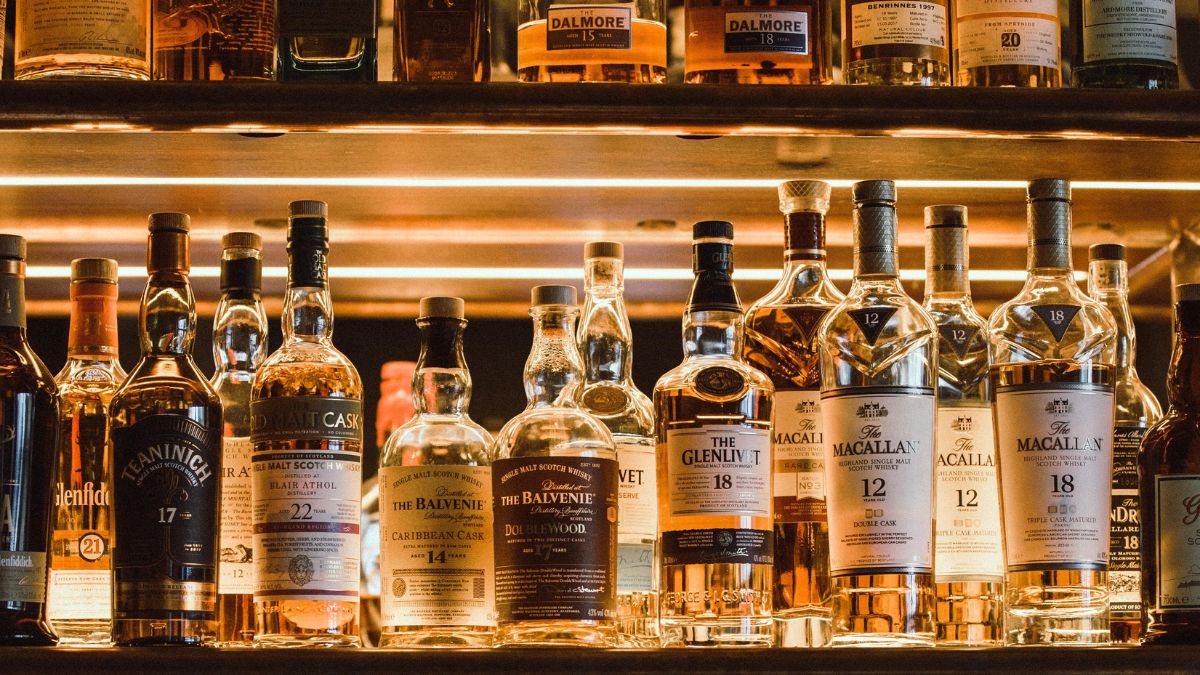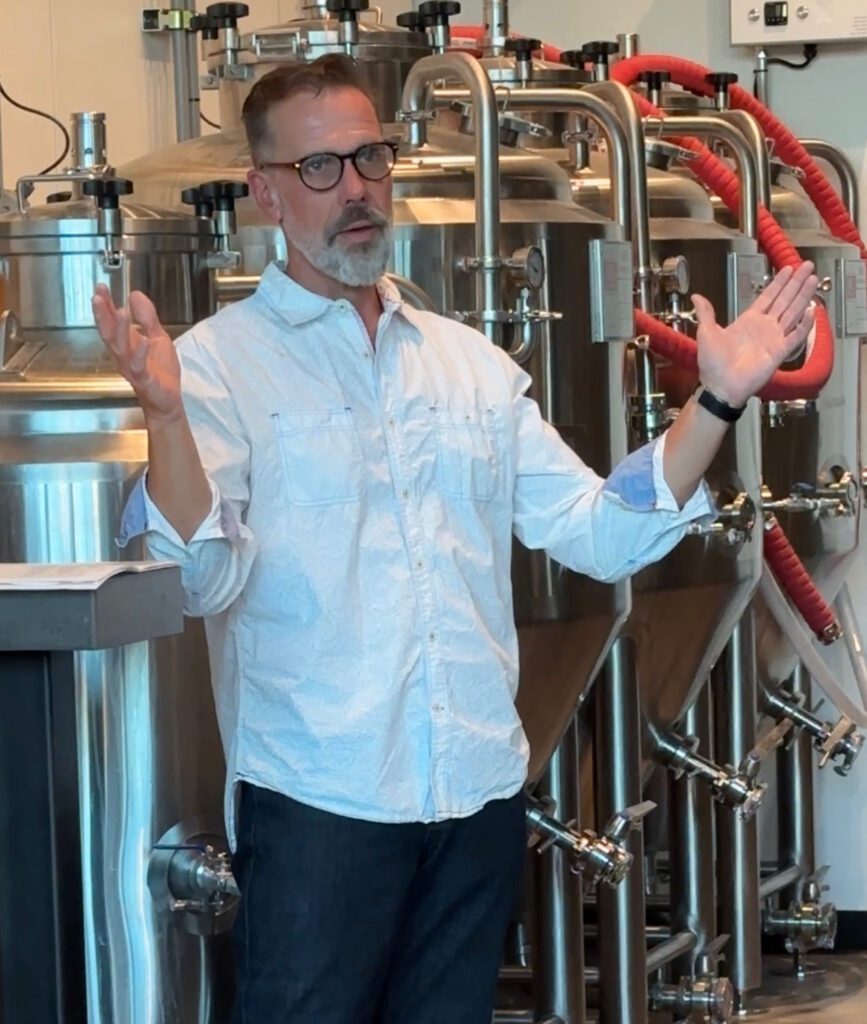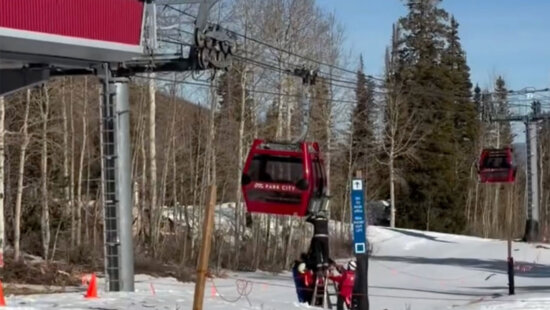Business
Former local liquor broker spearheads ballot Initiative to revolutionize Utah’s liquor law

Photo: Unsplash // Edward Howell
UTAH — In a move that could significantly alter the landscape of Utah’s alcohol industry, former local liquor broker Jeff Carter is championing a ballot initiative set for the 2024 voting session, Citizens’ Initiative to Amend and Modify Title 32B. Alcoholic Beverage Control Act.
The proposed changes aim to liberalize the state’s notoriously strict liquor laws, potentially opening new avenues for private operators and consumers.
“I am trying to gather a coalition of people; I know there are a lot of people and businesses in Utah that have resources that would like to see change; I need their help in funding before I can do the seven public hearings around the state before I can go get signatures, I only have so much time to do this,” Carter said. “Costco paid a law firm in Washington millions of dollars to write their initiative in 2011. I did it on my own because I had the knowledge and desire to do it – because it has to be done – it took me two years, but I did it. I’m doing this for Utah.”

Carter’s initiative proposes a comprehensive overhaul of the current system. If passed, existing state-run liquor stores would be auctioned off to private operators signaling a shift towards privatization in the sector. However, the Utah Department of Alcoholic Beverage Services (DABS) would retain its role as the central wholesaler and distributor, providing some degree of state oversight.
“I am not doing this to infringe on other people’s rights that don’t want to drink; I have done it in a way that I am very conscience of people that have a slighted attitude towards alcohol because of maybe past problems,” Carter said. “I am not here to promote people drinking alcohol; I am just saying that people who consume alcohol don’t want to buy it from a state-run liquor store, and the people that run bars and restaurants should be able to profit from it.”
One of the most significant changes proposed is the standardization of the state markup on liquor, wine, and beer. Under the new rules, this would be set at 30% across the board, a stark decrease from the current 88% markup on liquor. Notably, a portion of these revenues would not only continue to be earmarked for things like school lunch programs, but Carter has proposed a slight increase to those programs in his initiative.
The initiative also seeks to increase the number of package agency licenses primarily found in rural parts of the state and typically operate out of grocery or convenience stores. This change would pave the way for larger outlets such as Costco and Trader Joe’s to sell liquor and wine.
In another consumer-friendly move, the initiative proposes introducing a licensing system enabling registered customers to receive wine by mail from DABS.
“I am always thrilled when I see something that changes 32B that is not negative from the industry perspective,” said Tanner Lenart, Utah attorney with Christensen & Jensen, who represents clients in matters relating to state and local liquor laws. “Every year (for the past 12 yrs.), the Utah Legislature changes 32B. I see the changes come through, and usually, they are not beneficial to the industry; this one seems like it would be, mostly because my clients (retail) would be able to buy products at a much lower price, which is the case for every other state but one, in the nation.”
Carter’s initiative has the potential to drastically reshape Utah’s liquor laws, bringing them more in line with other states and offering benefits to both businesses and consumers.
“There are 17 other control states, so I don’t believe it when certain politicians say that having a control state is the reason for us to be lowest on drunk drivers or youth using alcohol; I think that is not a cause and effect, the cause and effect is there is a prominent religion in this state has people not drinking, which lowers our rates,” Lenart added.
Carter needs over 134,000 signatures spread across the state by Feb. 15, 2024, to get his initiative on the ballot.
If you would like to support Carter’s efforts, visit his website for more details https://www.spartacusfalanghina.com/ or use the QR code.



















